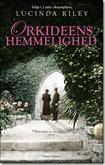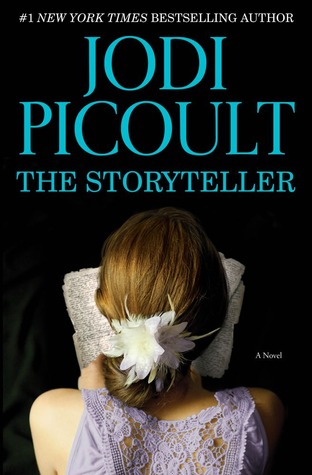 Title: The Complete Maus (Maus 1-2)
Title: The Complete Maus (Maus 1-2)Author: Art Spiegelman
Genre: Graphic memoir, WW2
Rating: 3.5/5
# pages: 283
Date read: October, 2022
Maus tells the story of Vladek Spiegelman, a Jewish survivor of Hitler’s Europe, and his son, a cartoonist coming to terms with his father’s story. Maus approaches the unspeakable through the diminutive. Its form, the cartoon (the Nazis are cats, the Jews mice), shocks us out of any lingering sense of familiarity and succeeds in “drawing us closer to the bleak heart of the Holocaust”.
Maus is a haunting tale within a tale. Vladek’s harrowing story of survival is woven into the author’s account of his tortured relationship with his aging father. Against the backdrop of guilt brought by survival, they stage a normal life of small arguments and unhappy visits. This astonishing retelling of our century’s grisliest news is a story of survival, not only of Vladek but of the children who survive even the survivors. Maus studies the bloody pawprints of history and tracks its meaning for all of us.
I know this is considered a classic and one of the best graphic memoirs out there, but I don't know... to me it just fell flat. Both fascinating and heartbreaking to be sure, but I'm not entirely sure I understand neither how it became so acclaimed (other than, perhaps, by virtue of being one of the first of its kind?) nor why it's been banned in so many states. Google tells me it's because of violence... well, duh? It's a book about the Holocaust - how could it NOT be violent???
I'm glad I have read it. But I'm equally glad I got it out of the library rather than buying it for myself.

















